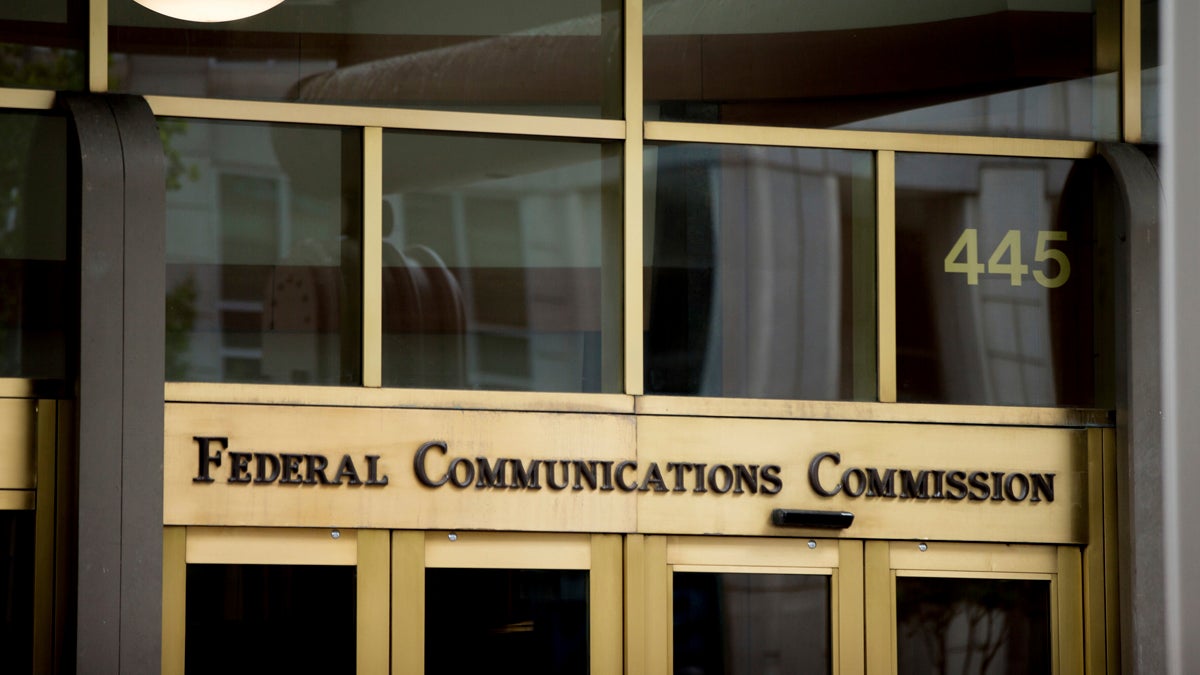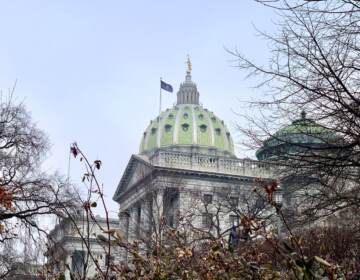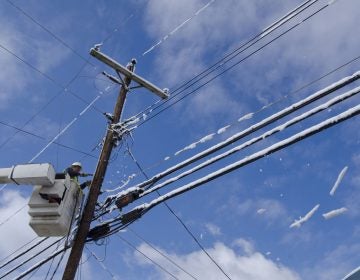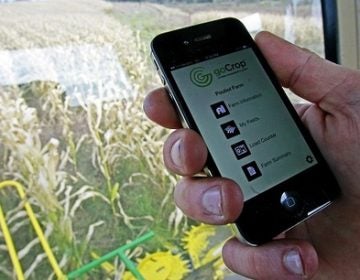Feds’ internet subsidy proposals would hurt the poor, PUC says
The program in question is FCC's Lifeline. It has about 12.5 million subscribers around the country and more than half a million in Pennsylvania.

One portion of the plan proposed by the FCC would place a benefit limit on subscribers to the Lifeline internet subsidy. (AP Photo/Andrew Harnik, File)
In the last year, the Federal Communications Commission has been circulating and seeking comment on a proposal that would, among other things, make major changes to a program that helps get internet access to low-income people.
Pennsylvania’s Public Utility Commission has said it has some major concerns about the idea.
The program in question is FCC’s Lifeline. It has about 12.5 million subscribers around the country and more than half a million in Pennsylvania.
One of the chief components of the federal commission’s idea is a benefit limit on Lifeline subscribers, meaning they can only receive a certain amount of assistance from the program.
PUC spokesman David Hixson said from the state’s perspective, that’s not worth the potential savings. They laid out their point of view in comments filed with the FCC in March.
“We want the program to remain accessible and affordable,” he said. “[The proposal] exposes some of the more vulnerable populations to some risk, and possibly losing access to aid and service that they need.”
The FCC has suggested phasing out Lifeline service to landlines alone, too, in favor of more expensive broadband bundles or fully wireless deals.
Hixson argued that would exclude elderly people, many of whom only use landlines.
Another provision would involve the federal government serving as an intermediary between telecom companies and Lifeline users, instead of the state.
The PUC opposes that too, saying it may make it harder for people to figure out if they’re eligible for benefits.
WHYY is your source for fact-based, in-depth journalism and information. As a nonprofit organization, we rely on financial support from readers like you. Please give today.





